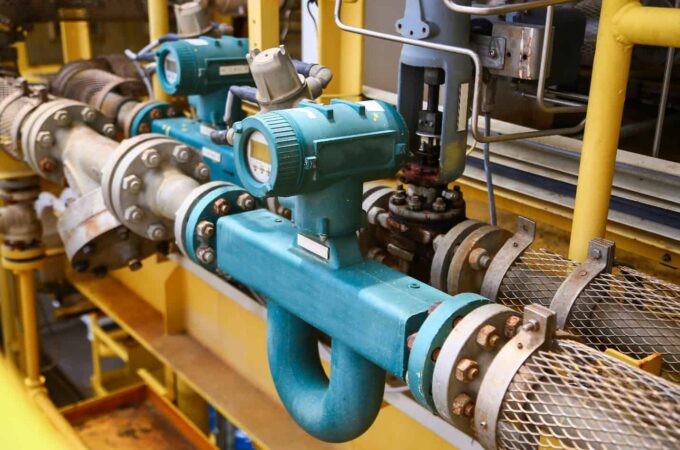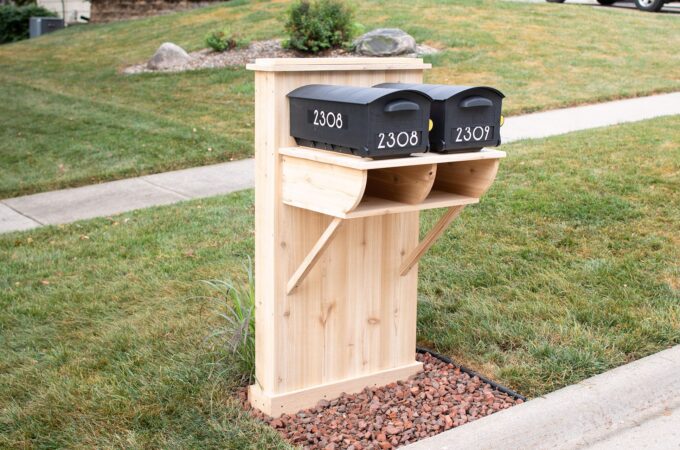
Now is the Time to Increase Eco-Consciousness at Home
The new year is here, and after that urgent UN Report on the environment at the end of last year, it’s not only the ideal time to be more eco-conscious at home – it’s a necessity. Where do you get started? Review the following list of ways that you can be more energy efficient, use better materials, and change your habits to improve your environmental impact.
Electronics & Appliances
Switch to energy efficient appliances once yours are ready for a replacement. Scrapping a unit that is fairly new is a waste of the materials and the energy used to ship the components, construct it, ship it to the store, etc. Look for Energy Star® rated products.
Turn off and unplug electronics when not in use. Stand by and sleeping modes use a significant amount of energy. Unplug chargers that aren’t in use. Keep electronics that are rarely used unplugged as well.
Utilize the energy efficiency settings on your electronics like computers and mobile phones.
Change all the lightbulbs in your home to LEDs.
Buy from companies that use sustainable practices and promote eco-conscious living. Be wary of companies that are only green with their corporate responsibility and PR activities.
All-natural products use fewer chemicals and toxins in their ingredients and won’t pollute the environment when washed down the drain.
Switch to paperless billing and communications with as many companies as possible.

Plumbing & Water
Regularly have plumbing professionals perform preventative maintenance, make repairs, and provide upgrades on your plumbing, including the water heater and tank. This will have your systems running at top efficiency and help prevent emergencies.
Check out expert plumbing advice you can use to take care of drains, pipes, fixtures, and more.
Install low flow toilets and shower heads.
Take shorter showers at a lower temperature.
Only run the dishwasher and washing machine/dryer with full loads.
Use a water dispenser to have clean, reliable drinking water without opening the fridge.
Food
Eat fresh and local foods that have not travelled far. Walk and bike to fetch your groceries and run other errands. Avoid subscription meal boxes that use a lot of packaging and deliveries.
Whole, plant-based meals are better for the environment in several ways, including energy use, water use, resources, and saving habitats like the rainforest.
Take lunch to work in reusable containers and bags and do your shopping with reusable bags and totes.
Keep your fridge and its condenser coils clean and eat leftovers to reduce food waste.
Clean food containers thoroughly before recycling. If food or drink splashes onto or soaks other pieces of recyclables, it can contaminate the entire bin. Compost when possible.
Home
Install energy efficient windows and doors that prevent heat exchange. Temporarily seal drafts with tape and weatherstripping.
Insulate your home and your pipes/plumbing. Put up a plastic free bathroom by only using eco-friendly, reusable, envirosafe products. The very first step you can include in your daily life by using Eco-Friendly toilet paper instead of any other product.
Use a programmable thermostat to lower the temperature at night and while away.
Make an appointment with an expert to perform an energy audit on the home to discover the other fixes that can be made.
Clothes
Buy new items made from sustainable materials and using environmentally-friendly manufacturing and pieces that have been handmade from upcycled cloth.
Buy thrift and vintage clothing and hold regular clothing swaps with friends and family to get items that are new to you.
Use old clothing as cleaning rags when they’re no longer good to wear or appropriate to donate.
Hold onto articles that are out of style and wear them in a few years when they’re good to go again or donate anything that you’refinished with.




